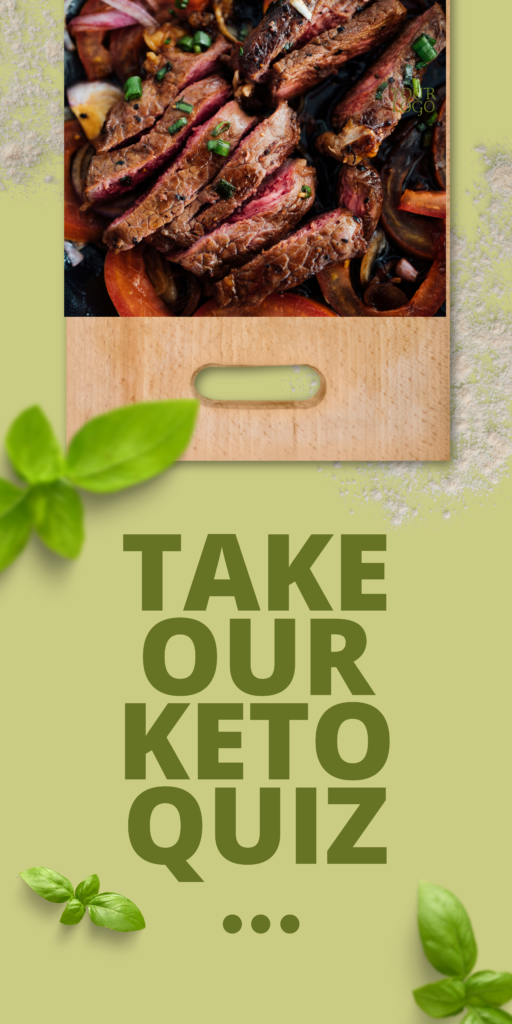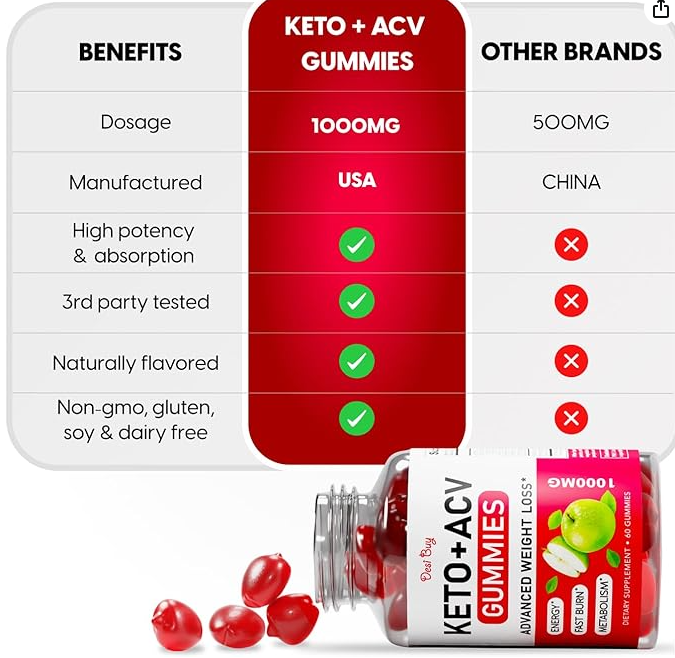
Is Gluten Free Okay on a Ketogenic Diet? – Dr. Berg on Gluten Free Foods on a Keto Diet
Learn More About Keto ACV gummiesCan you do gluten-free on keto? Find out.
Timestamps :
0:00 Gluten-free keto
0:10 Is gluten-free healthy?
1:08 Is gluten-free ok on keto?

Is Gluten Bad For You? – Dr.Berg Discusses The Big Problem With Gluten Free Foods
Learn More About Keto ACV gummiesHere are some key points from Dr. Berg’s perspective on gluten:
- Definition of Gluten: Gluten is the protein found in wheat and grains that can cause celiac disease, an inflammatory condition of the gut.
- Widespread Sensitivity: According to Dr. Berg, many people are sensitive to gluten, leading to inflammatory problems not only in the gut but also affecting other parts of the body, such as the thyroid.
- Avoidance is Essential: Dr. Berg emphasizes the importance of avoiding gluten to mitigate the inflammatory issues associated with its consumption.
- Carb Concentration: Removing gluten from the diet might result in an increased concentration of carbohydrates in grains. This, in turn, could lead to elevated blood sugars and increased insulin production.
- Insulin and Inflammation: Dr. Berg suggests that the increased insulin caused by higher carb concentrations may contribute to more inflammation in the body.
- Individual Responses Vary: It’s important to recognize that individual responses to gluten can vary, and not everyone may experience the same level of sensitivity or benefit from eliminating gluten.
- Consultation with Professionals: Dr. Berg’s perspective highlights the need for personalized advice. Individuals are encouraged to consult healthcare professionals or registered dietitians to address specific health concerns and dietary needs.
The Gluten-Free Diet- The truth behind the trend
The ketogenic (keto) diet focuses on reducing carbohydrate intake and increasing fat consumption to promote a state of ketosis in the body. While the keto diet itself does not specifically exclude gluten, many of its food choices naturally avoid gluten-containing ingredients. However, it’s essential to be mindful of certain aspects to ensure your keto diet is also gluten-free. Here are some tips:
- Choose whole, unprocessed foods: Base your meals around whole, unprocessed foods such as meat, fish, eggs, dairy, non-starchy vegetables, nuts, and seeds. These foods are naturally gluten-free.
- Avoid grains and grain-based products: Since gluten is commonly found in grains like wheat, barley, and rye, it’s important to steer clear of grain-based products. Opt for low-carb alternatives like almond flour, coconut flour, or flaxseed meal for baking.
- Read labels: Processed and packaged foods may contain hidden sources of gluten in the form of additives, preservatives, or flavorings. Always read food labels carefully and choose products that are labeled as gluten-free.
- Be cautious with low-carb products: Some low-carb or keto-specific products may still contain gluten or gluten-containing ingredients. Check the labels to ensure they are gluten-free before incorporating them into your diet.
- Choose gluten-free sweeteners: While many sugar substitutes used in the keto diet are naturally gluten-free, it’s important to double-check the labels to be sure. Examples of gluten-free sweeteners include stevia, erythritol, and monk fruit.
- Watch out for sauces and condiments: Some sauces and condiments may contain gluten or hidden sources of carbohydrates. Opt for homemade options or carefully read labels to choose gluten-free alternatives.
- Include healthy fats: Focus on healthy fats like avocados, olive oil, coconut oil, and nuts. These fats are naturally gluten-free and contribute to the high-fat content of the keto diet.
- Educate yourself about hidden sources of gluten: Some processed and restaurant-prepared foods may contain gluten as a thickening agent or filler. Stay informed about potential hidden sources to make informed choices.
- Cook at home: One of the best ways to control your diet is to prepare meals at home. This way, you have complete control over the ingredients and can ensure that your meals are both keto and gluten-free.
Remember that individual sensitivities to gluten vary, and if you have celiac disease or gluten sensitivity, it’s crucial to be vigilant about avoiding gluten-containing products. If you have any concerns or questions, it’s advisable to consult with a healthcare professional or a registered dietitian for personalized advice.






